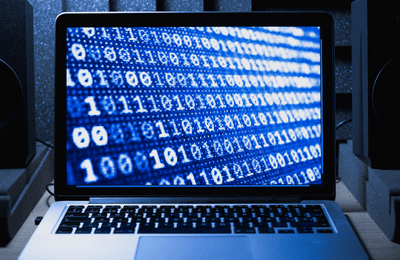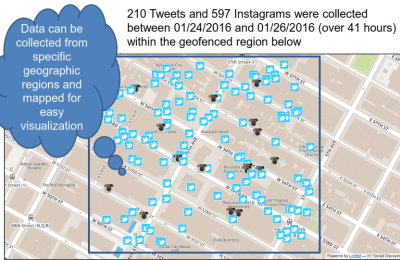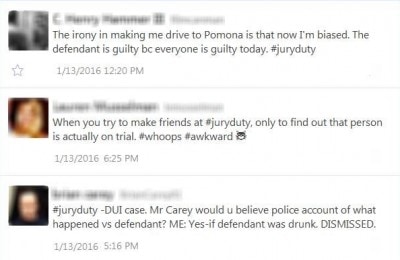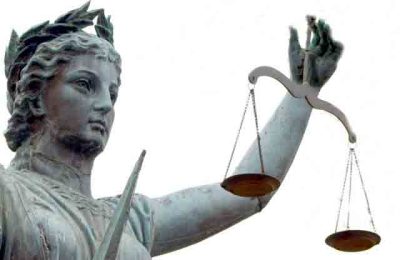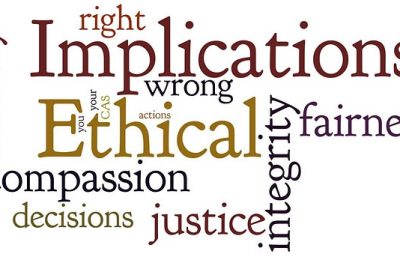Why Post-Level Parsing is Critical for Effective Social Media Evidence Collection
As succinctly noted by The Florida Bar Association in its publication, Florida Law Journal: “Social media is everywhere. Nearly everyone uses it. Litigants who understand social media–and its benefits and limitations–can immeasurably …


